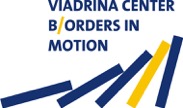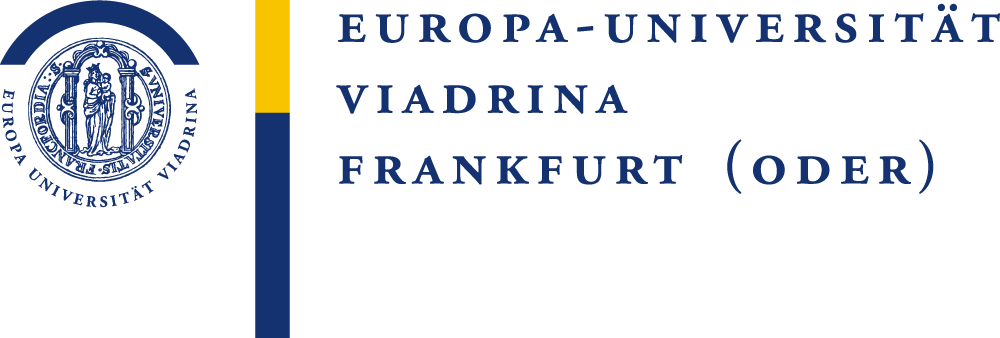IPEP16: Agenda of workshop on Internet Policy in Eastern Partnership
March 8, 2016, 10:00 – 18.00
European University Viadrina, Frankfurt (Oder)
Senatssaal (HG 109), Main Building
Workshop poster for download is here (pdf).
How is internet policy developed in countries of the Eastern Partnership? Will shifting geopolitical alliances have an impact on internet policy in Ukraine or Armenia? What is the impact of economic factors on internet policy in those countries? What role does civil society play? On March 8, we will bring together scholars interested in answering those questions.
If you would like to participate in this workshop, please register at ue.rhicnull@tneve.
Workshop program
10:00 – 10:30 Welcoming remarks
- Alexander Wöll, President of European University Viadrina
- Andrea Meissner, Viadrina Center B/ORDERS IN MOTION
- Joanna Bronowicka and Ben Wagner, European University Viadrina
10:30 – 12:00 Russian, EU and global perspectives on internet policy
- Points of tension: Russia, the West and the Rest, Madeline Carr, Cardiff University
- Russian perspective on internet policy, Agnieszka Bryc, Nicolaus Copernicus University in Toruń
- Framing the EU in the global Internet Governance debate, Andrea Calderaro, Cardiff University
12.00 – 13:30 Lunch break
13.30 – 15.30 Country perspectives from Ukraine and Armenia
- Internet Policy of Ukraine: From Diverse Vectors Strategy Ahead Towards Holistic Approach, Professor Andrii Paziuk, Taras Shevchenko National University of Kyiv
- The Role of Civil Society in Promoting the Internet Freedom Agenda in Ukrainian Internet Governance Discourse, Tetyana Lokot, University of Maryland
- Armenian experience on Internet Governance: Achievements and Challenges, Samvel Martitosyan, Institute for Strategic and Innovative Research
15.30 – 16.00 Coffee break
16.00 – 18.00 Internet Policy in Eastern Partnership
-
Media freedom and Internet policy in Eastern Partnership countries, Aidar Botagarov, Organization for Security and Co-operation in Europe
-
Thinking from the Edges: Internet Policy in Eastern Partnership Countries, Joanna Bronowicka, European University Viadrina
Download program as pdf.
About the workshop
To understand global human rights challenges of the digital age, we need to know more how Internet policies are developed at the national level. We think it is particularly important to research internet policies in countries, which are at the borders of large geopolitical systems. At the periphery of the global system, internet policy is often not so strongly institutionalised as a result of which human rights norms are more in flux.
At this workshop, we want to take a closer look at internet polices in the Eastern Partnership countries: Armenia, Azerbaijan, Belarus, Georgia, Moldova, and Ukraine. Torn between two large geopolitical block, those six countries are very vulnerable to the growing mistrust between Brussels and Moscow. Strong trade and investment links to both Russia and Europe force them to make decisions, which can be politically hard and economically costly.
Internet policy is one of the areas most affected by competing human rights discourses and trade interests. Our working hypothesis is that geopolitics will affect how Internet policy is developed, but can be mitigated by other economic or social factors, such as the strength of actors from private sector or civil society.
This workshop is organized by the Centre for the Internet and Human Rights in collaboration with the B/ORDERS IN MOTION Centre, both at European University Viadrina. CIHR is a vibrant hub for academic research about technology and society at Viadrina. Our goal is to inform current public and academic debates by producing high-quality research grounded in theory and empirical data. You can find out more information about the project on CIHR website: https://cihr.eu/internet-policy-in-eastern-partnership-countries/


